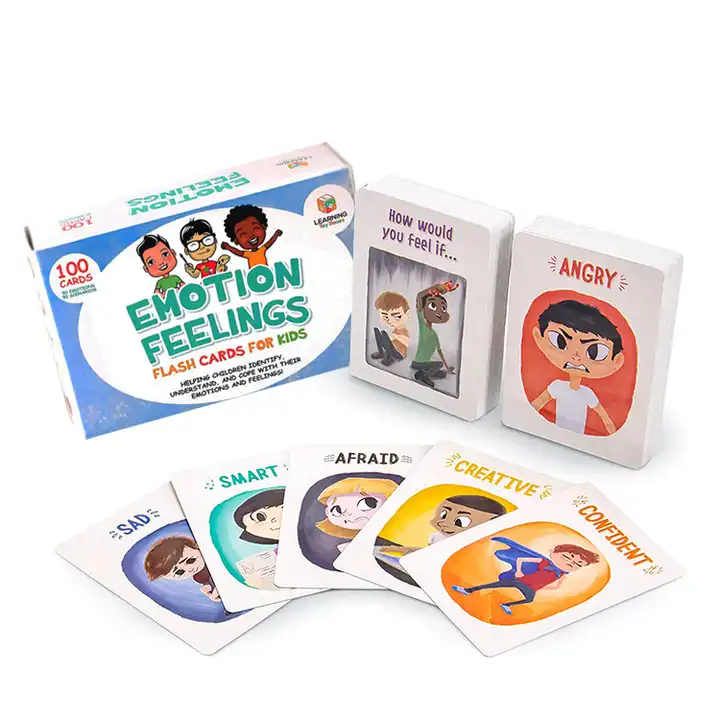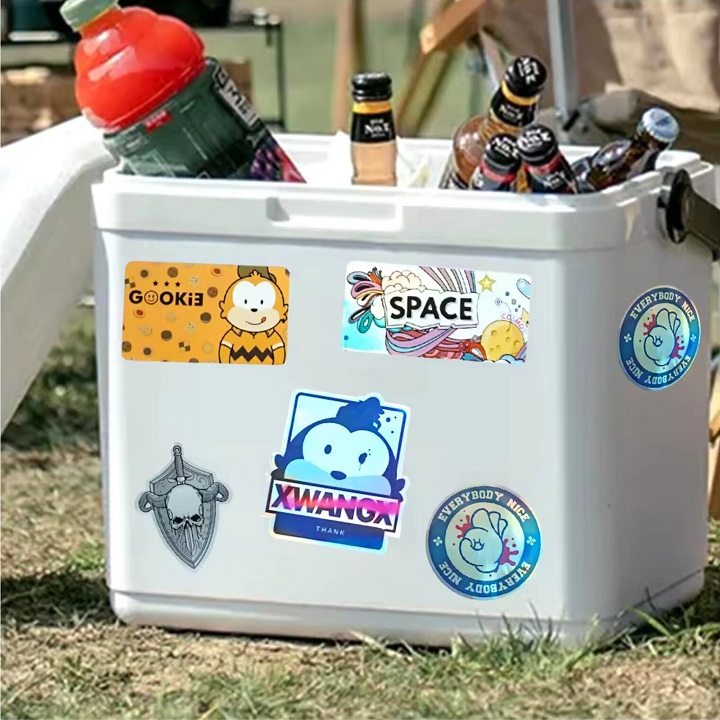In the realm of education, finding innovative and effective methods to engage students and facilitate learning is paramount. While traditional teaching approaches certainly have their place, incorporating interactive tools like educational cards can significantly enhance the learning experience. Whether in the classroom, at home, or in a professional training setting, educational cards offer a versatile and engaging way to reinforce concepts, promote critical thinking, and deepen understanding across various subjects and disciplines. In this article, we'll explore the benefits and applications of educational cards including learning cards, and how they can serve as powerful tools for knowledge acquisition and retention.
Understanding Educational Cards
Educational cards encompass a broad spectrum of cards designed specifically for learning purposes. They come in various formats, including playing cards, flashcards, memory cards, and more, each tailored to different learning objectives and age groups. While traditional playing cards are commonly associated with recreational games, they can also be repurposed and adapted to serve educational goals. Learning cards, on the other hand, are specifically designed with educational content in mind, featuring concepts, facts, equations, vocabulary words, and other learning materials.
The Power of Educational Cards in Learning
1.Interactive Learning Experience
Educational cards provide an interactive learning experience that stimulates children's curiosity and engagement. By incorporating vibrant visuals, appealing colors, and concise information, these cards capture the attention of young learners. Whether it's alphabets, numbers, shapes, or animals, each card presents a unique opportunity for children to explore and absorb new knowledge in an exciting and enjoyable manner.
2.Reinforcement of Key Concepts
Repetition is crucial for effective learning, and educational cards offer an ideal platform for reinforcing key concepts. By repeatedly exposing children to the same information through different cards, they can internalize and retain essential knowledge. Whether it's practicing multiplication tables or learning new vocabulary words, these cards provide a structured approach to reinforce and consolidate learning.
3.Development of Cognitive Skills
Educational cards play a vital role in the development of cognitive skills in children. As they engage with the cards, they are required to observe, analyze, and make connections between different pieces of information. This process enhances their critical thinking, problem-solving, and decision-making abilities. Additionally, educational cards promote memory retention, visual recognition, and fine motor skills, further supporting overall cognitive development.

4.Versatility and Adaptability
One of the greatest advantages of educational cards is their versatility and adaptability to various learning environments. These cards can be used in classrooms, homeschooling settings, or even during family bonding time. They can be easily customized to cater to different age groups and learning objectives. Whether it's matching games, memory exercises, or interactive quizzes, educational cards can be tailored to suit individual learning needs, making them a versatile tool for educators and parents.
5.Promoting Social Interaction
Educational cards also foster social interaction among children. Group activities involving these cards encourage collaboration, communication, and teamwork. Whether it's a game of "I Spy" or a collaborative puzzle-solving activity, children learn to share ideas, listen to others, and work together towards a common goal. This not only enhances their social skills but also instills a sense of camaraderie and cooperation.
Incorporating Educational Cards into Learning Environments
To effectively integrate educational cards into learning environments, educators and parents can follow these strategies:
1.Set Clear Learning Objectives: Identify specific learning goals and objectives that align with curriculum standards, student needs, and learning outcomes.
2.Select Appropriate Cards: Choose educational cards that are age-appropriate, content-aligned, and relevant to the learning objectives and subject matter.
3.Design Engaging Activities: Create interactive games, exercises, and activities that encourage active participation, collaboration, and critical thinking.
4.Provide Feedback and Reinforcement: Offer feedback and reinforcement to students as they engage with educational cards, acknowledging their efforts and progress.
5.Promote Reflection and Application: Encourage students to reflect on their learning experiences and apply newfound knowledge and skills to real-world contexts.
Conclusion
Educational cards offer a dynamic and effective approach to enhancing learning across subjects and disciplines. By harnessing the power of engagement, reinforcement, adaptability, and versatility, educational cards serve as valuable tools for promoting knowledge acquisition, retention, and application. Whether used in the classroom, at home, or in professional settings, educational cards empower students to become active learners, critical thinkers, and lifelong achievers. So, why not shuffle the deck, deal out some cards, and embark on a journey of discovery and learning through the captivating world of educational cards?






























